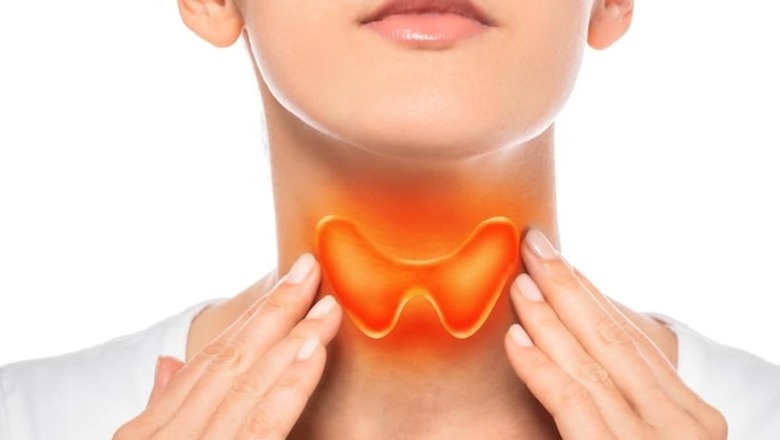
views
Hypothyroidism is a condition in which the thyroid gland does not produce enough hormones. This can lead to a variety of symptoms, including fatigue, weight gain, and sensitivity to cold. As the condition advances, a variety of symptoms occur, such as constipation, dry skin, muscle weakness, puffy face, hoarse voice, thin, brittle hair or fingernails, muscle weakness, muscle aches, tenderness and stiffness, heavier and irregular menstrual periods, slowed heart rate, also called bradycardia and sadness or depression.
Diagnosis of hypothyroidism is usually based on the results of blood tests for thyroid hormones. These tests measure the levels of TSH, T3, T4, FreeT3, and Free T4. Subclinical hypothyroidism is a mild form of hypothyroidism in which thyroid hormone levels are normal, but TSH is mildly elevated. This condition often doesn’t cause any symptoms, but it can increase the risk of developing problems such as heart disease and osteoporosis.
Intriguingly, thyroid disorders may also stem from autoimmune factors, particularly thyroid antibodies. Thyroid peroxidase antibodies (TPO) are raised in Hashimoto’s thyroiditis (a common cause of hypothyroidism) and Graves’ disease (a prime cause of hyperthyroidism). Thyroglobulin antibodies (ATG) rise in Hashimoto’s thyroiditis and are used in monitoring thyroid cancer survivors.
Thyroid-stimulating hormone receptor antibodies elevate in Graves’ disease. When thyroid antibodies target and attack healthy thyroid cells, this leads to an autoimmune disorder of the thyroid.
Precision in diagnosis is achieved through comprehensive laboratory tests, detecting thyroid antibodies in the blood, and solving the root cause of thyroid dysfunction. These insights focus on tailored treatment plans, emphasizing the critical role of thyroid antibody tests. They serve various purposes, from diagnosing autoimmune disorders like Hashimoto’s thyroiditis and Graves’ disease to assessing treatment prognosis, evaluating pregnancy risks, estimating relapse risks after Graves’ disease treatment, and monitoring thyroid cancer survivors. Acknowledging the clinical significance and combining laboratory testing with clinical correlation is advised for accurate diagnosis and effective treatment strategies.”

















Comments
0 comment